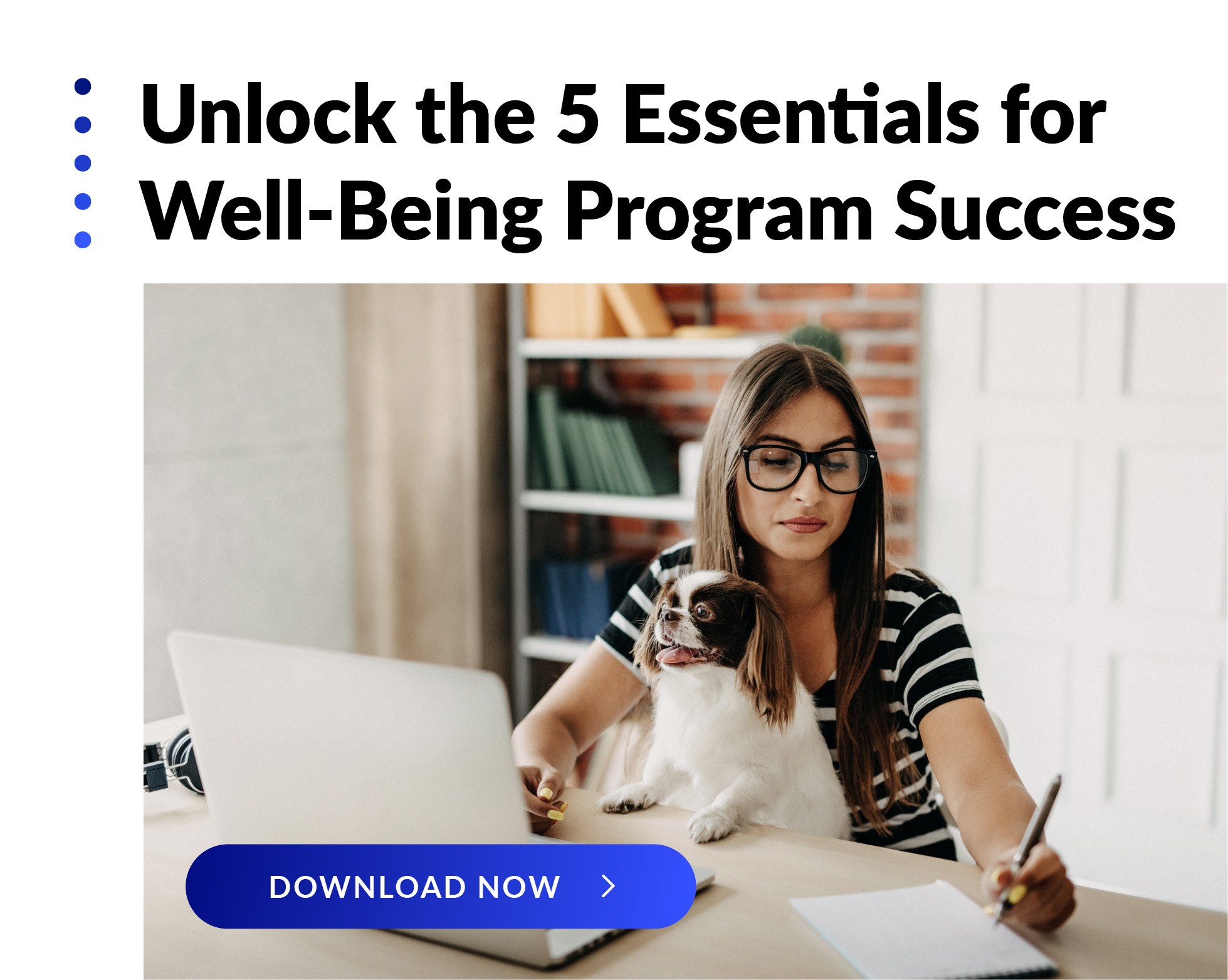
WebMD Health Services has been a long time supporter of the annual Employee Health Care Conference hosted by The Conference Board, and this year was no exception. I was honored to speak at this conference alongside one of our employer clients about the importance of personalization within their well-being program.
Why is personalization so important? Whether shopping online or streaming your favorite shows, people have come to expect personalized interactions and tailored recommendations. Simply knowing their name, gender and cholesterol numbers is not enough. That’s why we need to take personalization to the next level and create relevant well-being experiences. Being relevant is giving people what they want as well as the information they didn’t know they needed, but are glad to receive. Learn more about the difference between personalization and relevancy in our e-book: the Power of Personalization.
Creating relevant well-being experiences.
As part of our presentation at the Employee Health Care Conference, we shined a light on one of our client’s well-being programs and took a look at how creating a relevant well-being experience for their population is driving the results they crave.
To help them achieve their goal, we followed two important principles of creating relevant experiences:
1. The power to choose.
We designed a well-being program that empowered users to improve their health, their way. We provided employees with careful guidance, helpful resources and robust options—allowing them to choose the right path for them. Plus, we encouraged participants to set their own priorities. Rather than incentivizing a prescribed set of tasks, we allowed employees to choose when and how they would like to participate.
2. The power to connect.
In today’s digital age, a well-being program needs to seamlessly connect with the lives of its users. That’s why we made our client’s program compatible with the Fitbit and other popular wearable devices. We also created a Portal that serves as a single point of access, making it as convenient as possible for employees to view their health information and track their progress toward their goals.
Program design and details.
Once we established guiding principles, we worked closely with our client to make sure their program resonated with their population. Over the course of the four years, we consistently enhanced our offerings, rolled out new features and built out a comprehensive, person-first experience. Some of the most effective program features include:
- Annual Wellness Calendar – Throughout the year, their program focuses on different aspects of well-being. Some examples include, “Power of Positivity” or “Family Health.”
- Wellness challenges – They offer a range of wellness challenges focused on a variety of well-being topics including a steps challenge, better nutrition and better sleep.
- Onsite services – Our onsite services make wellness as accessible as possible for every employee. This client established an onsite health center, occupational health clinic, sports facility and flu clinic.
- Health coaching – Their program also includes three dedicated WebMD Health Coaches on staff, each with different specialties.
- Webinars – They hold quarterly webinars to keep their employees educated on well-being.
Delivering healthy outcomes.
By partnering with WebMD to implement a person-first well-being program, our client was able to successfully influence the health of their employees. The proof is in the numbers:
- Eight out of nine employees who engaged in health coaching saw improvements in their preventive screening results.
- 22 percent of employees saw an improvement in their cholesterol preventive screening results.
- Eight out of nine people saw their lifestyle risks either improve or remain the same.
Creating a more personal tomorrow.
Consumers have come to expect personalization. 58% of consumers say it’s absolutely critical or very important for companies to provide personalized experiences1. It goes without saying that you care about your people and are committed to their health and well-being. We are committed to partnering with our clients to empower each person to interact on their own terms and create their own unique, personalized experience. Because that’s what will keep them coming back.
Related Content
- E-Book: The Power of Personalization
- On-Demand Webinar: Introducing a Person-First Well-Being Experience


